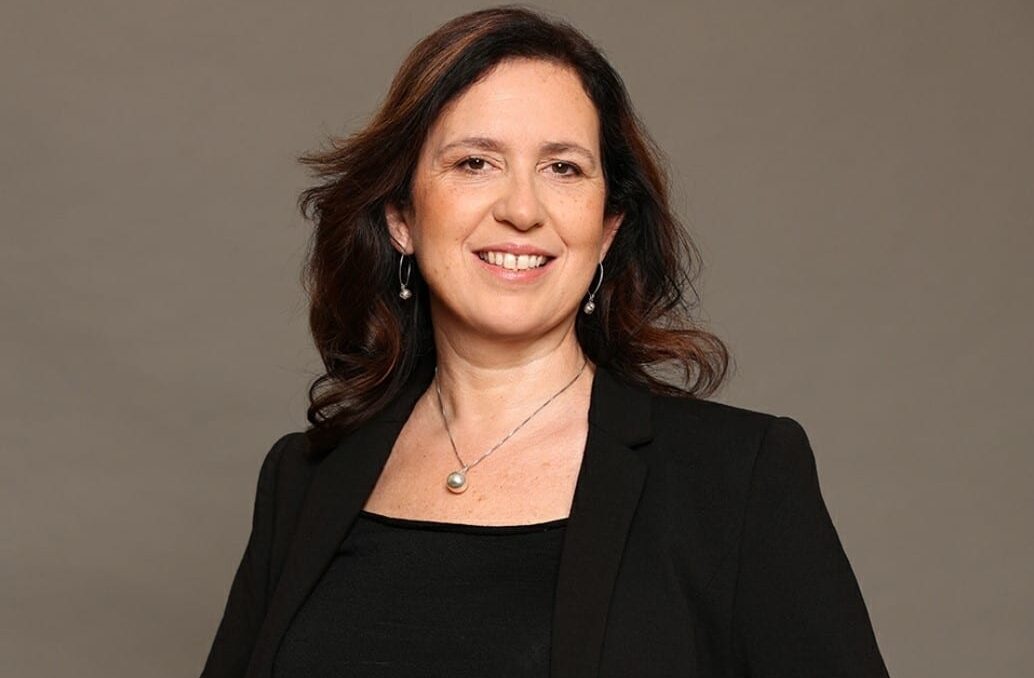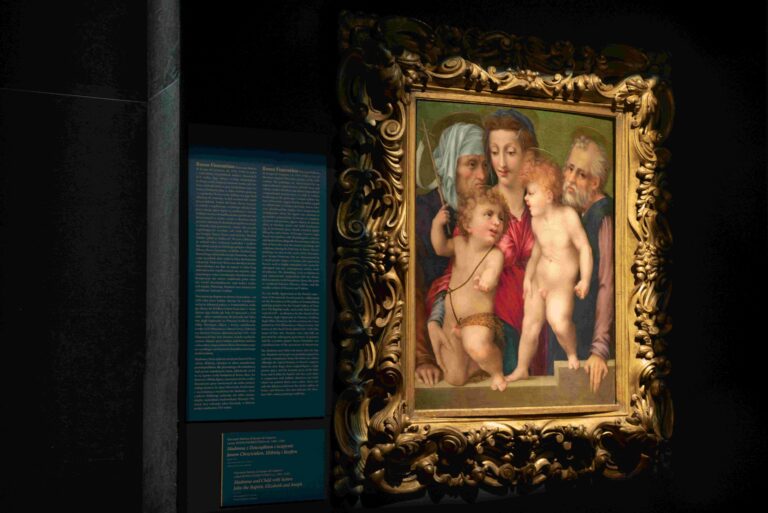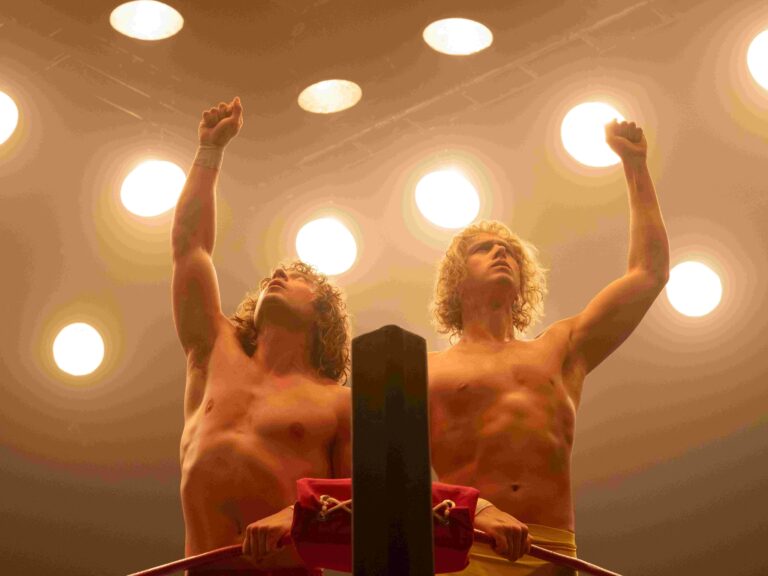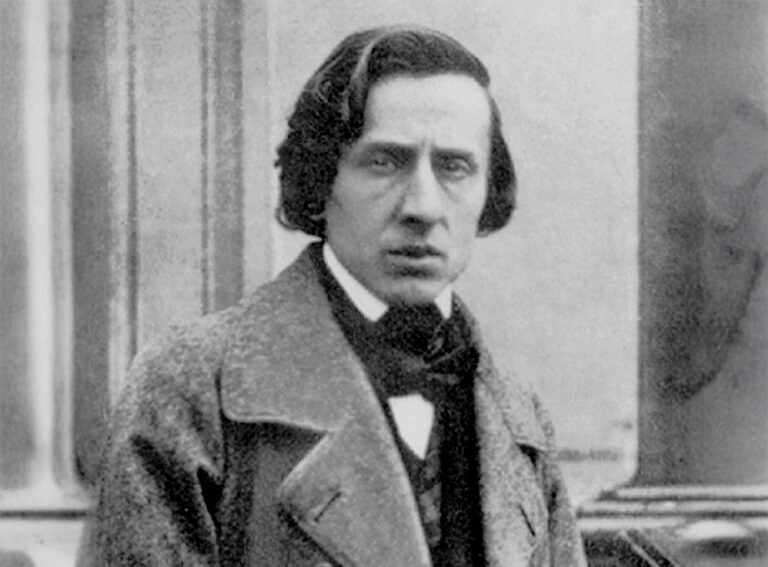POLAND: WORK IN PROGRESS
Kerry Anne Longhurst is a British higher education professional specializing in Eastern Partnership, democratization, gender and EU enlargement, with PhD in Philosophy and International Relations and Affairs from the University of Birmingham. She has been living and working in Poland for 14 years, currently a professor and Head of Institute of Politics and International Relations at Collegium Civitas in Warsaw.
You’ve had an international career path that finally led you to Poland…
I’ve had opportunities to work in Paris, Tbilisi, Venice, Bucharest, Washington, Timor-Leste to name a few. I was always working in the area of international relations, so I had expectations to travel with my career. It’s amazing, how in Britain, so many scholars of international relations are quite happy to stay where they are, and look at the world from behind their desk. For me that was always unsatisfactory. I think it’s about going out there and shaking up your assumptions about the world. It’s also important for me not just to be an ivory tower type of academic, but to combine it with some policy relevant activities as well.
Was moving to Poland also motivated by an academic opportunity?
It was a combination of factors. Career was one of them, but it wouldn’t have been my obvious choice had it not been for family reasons. And it transpired to be interesting – the path of my career has been much more variegated here – in good and less good ways.
How do you remember your beginnings here?
It was 2010. You still had a liberal government and it was quite easy for me to just slip in. We found schools for our children easily, I easily got a job. As the years went by and the government changed, I found myself feeling differently as a foreigner here. It was the reverse of the way it should have been. At first, I didn’t feel like an outsider. That happened later with the shift in the public discourse and general political climate. It was this nationalist kind of rhetoric emphasizing Polishness, foreigners and differences, which month after month, year after year impress upon you. On the other hand, I have to say that I also discovered the early jobs I got were facilitated and the path had been smoothed. I thought it was great, but in time I realized it was a bit nepotistic in a sense. The job market wasn’t always very transparent and based upon merits.
How do you perceive Polish society today vs. 14 years ago in terms of diversity?
Coming from the UK, which is one of the most multicultural countries in the world and having years of experience in Paris, which is also very diverse, Poland really struck me with its uniformity. Today, Poland is much less homogenic, you definitely see a richness of different nationalities and backgrounds on the street. I think it’s partly because of the very internationalized education sector. There are students from literally all over the globe here. Most of mine are international – for example from all over Central Asia, different African countries, European countries, South America… Honestly, you wouldn’t believe…
Why do you think students choose Poland?
Polish universities promote themselves well overseas. Furthermore, Poland is in the European Union, which is attractive for non-EU students. It’s not expensive and you can work, while getting higher education. Academia in Poland is a little island of multiculturalism and that’s good. It always makes the country richer and it gives the country a good reputation as well.
How about Poles themselves, what is your people’s experience here?
I suppose I live in a certain bubble. I found it easy to make friends – they are mostly Poles, but they’ve all had some international experience studying or working abroad at some point. I don’t hang out with expats but it’s always kind of a semi-international kind of people for me and we’re all pretty much like minded no matter where we’re from. I think it’s increasingly hard to capture what it is to be Polish. The previous government was polarizing society, wanted to make it more homogeneous and Polish, and by trying to do that, they’ve actually atomized it. I live my life, I get on with things, I tend to look for areas of commonality or where I can make things happen rather than differences of difficulty. I’ve done everything living here in Poland, that I would do in the UK. Nothing has presented any barriers. The main barriers and difficulties are imposed by Brexit and that has nothing to do with Poland.
Do you find anything particularly funny about Poles?
Fixation on soup. Soup every day of the year. Poles can make soup even out of fruits in the summer. It’s unbelievable. I also haven’t met a Pole who doesn’t like pierogi (which I personally hate). And the yellow cheese! The shops have 25 different types of it, all tasting exactly the same, yet each Pole has a favorite one. There’s also the thing with the temperature – cranking up the heating indoors, children always wearing hats in the autumn and winter, and of course the choice between room temperature water and the one from the fridge in restaurants and cafes. On a not-so-funny note, Poles are obsessed with history and have a tendency to see their experience as totally unique. They bring it up all the time to explain something or to excuse something. In my opinion there’s just not sufficient reflection amongst people about different interpretations of stories. Everything is seen in a fairly straightforward way. The soup, the pierogi and Polish history are extremely important. You can’t criticize Poles on those points and can’t budge their views. They’re fixed.
Did your kids go to Polish public schools?
We moved to Poland from France, so my son changed schools from Parisian to a French one here. My daughter, on the other hand, did go to the state school for a short time. She started her first grade when the government changed the system and the number of kids starting education was doubled. The system, already politicized, became overcrowded, which created crazy schedules hard to manage. And then there was so much nationalism in school, so much flag waving! It wasn’t celebrating history, but more like defining who I am versus you. Felt like excluding people rather than including them. In the end we switched schools.
What are your favorite things about life in Poland?
The months from May to September. I like it when you have these little street stalls with cherries, apricots and asparagus. This is the Poland I really like – so alive, tasteful, colorful, uplifting! And the little shops, which we don’t have in the UK anymore. The bakeries, the butchers… When you buy something, the salespeople say – “dziękuję bardzo”, and it’s so nice, so heartfelt. It’s the little things that make all the difference. The Polish seaside is also my favorite – Gdańsk, Gdynia and Sopot. The atmosphere and the beaches are a high point, really.
What would you wish for Poland to improve right now?
Increase in salaries. The cost of living is very expensive everywhere, but the salaries are not higher, contrary to the UK for example. There’s a lot of very well qualified professionals, who are earning only a little way above the minimum salary. You can’t run a competitive EU country this way. This is something that would make people consider leaving. There’s a need for educational reform as well, but that’s a problem across a lot of European countries. Other than that, problems here are not generally so bad, compared to the UK. But I would love to see Marks & Spencer back. /laugh/ And the development of the outdoor swimming facilities. Poland has so many beautiful lakes and a lot of great outdoor swimming potential. It’s really good, let’s build more!







